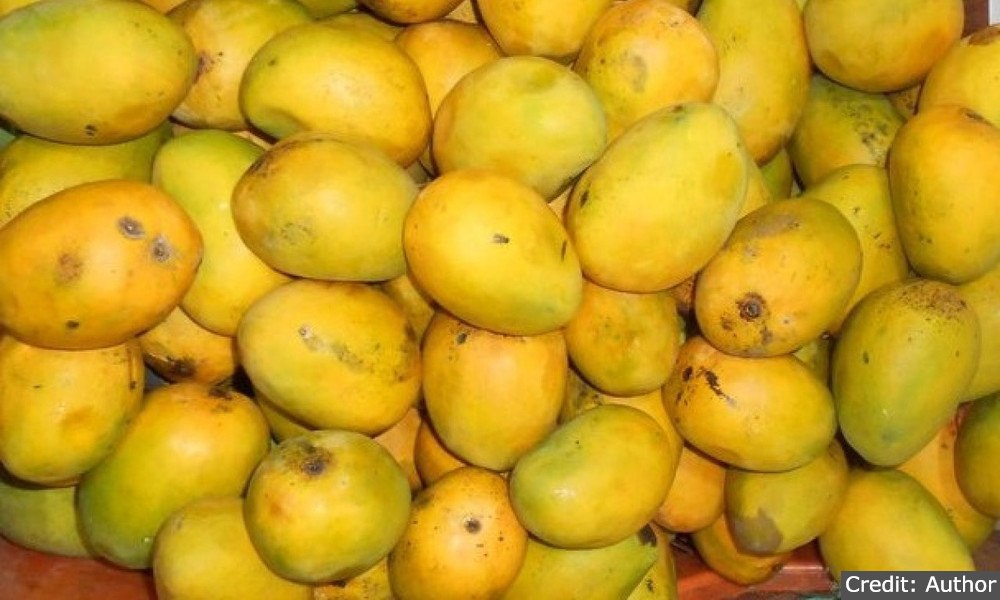Drop in demand and increase in prices have left mango farmers struggling.
Ramanagara: Farmers in the district are finding it difficult to harvest mangoes that are left rotting in farms due to lockdown restrictions. Small scale farmers in Ramanagara district,the second-largest mango producer in Karnataka after Kolar district, are looking at huge losses, as restrictions and falling prices deliver a double whammy.
Farmers in Ramanagara usually start mango harvest in late March, earlier than elsewhere in the country. But, the lockdown to contain the second wave of covid has impeded the second and larger round of harvest and put mango farmers in the district in a difficult position.
“It’s difficult to find labour due to the second wave. Many labourers fear infection and others want higher wages, sometimes double,” said Shivmadu, a small-scale farmer from Bilagumba. “I have invested lakhs of rupees into the produce this year, and the margins are thin. I can’t pay them double wages.”
Like Shivmadu, many other farmers have invested heavily in pesticides and fertilizers, amounting to lakhs of rupees. The falling demand and the restrictions have left them struggling to break even.
“We got good prices for the first produce at the mandis,” said Chikkayya, a farmer from Ittamadu. “The lockdown has impacted the trade, there’s very little demand now, and prices have dropped.”
The huge demand in early April led to most varieties of mangoes being sold at over Rs. 180 per kilo at Agriculture Produce Marketing Companies (APMCs). After the second wave, and the lockdown, it’s down to a fraction of that.
“Badami and Alphonso mangoes used to get around Rs. 140 to Rs.150 per kg before lockdown,” said Shivamadu. “We are lucky to get even Rs. 50 to Rs. 60 a kg now.”
The low demand has also led to farmers losing bargaining power with Multinational companies who buy mango pulp for beverage production. “Factories are only paying Rs. 10 per kilo now, from around Rs. 70-90 in March,” said Ningappa, another small-scale farmer from Bilagumba.
According to the agriculture ministry’s advance estimates for horticulture crops, mango production is expected to increase to 21.12 million tonnes from an estimated 20.26 million tonnes in the previous year. The Karnataka State Mango Development and Marketing Corporation launched a new campaign in April in an effort to boost sales post-pandemic.
Consumers could order online through a dedicated site and get the produce delivered through India Post to their doorstep. Karnataka State Mango Development and Marketing Corporation (KSMDMC) had also signed a Memorandum of Understanding (MOU) with Flipkart to sell mangoes through the e-commerce site. Yet, this initiative has yet to benefit small-scale farmers, because they are either not aware of it, or if they are, they are not sure how to go about it.
“I heard about the scheme in the Mandi last month, but I don’t know how to sell my produce there,” said Shivamadu.
Professor MG Chandrakanth, Retired Director of Institute for Social and Economic Change, said that farmers should double down on efforts to reach consumers directly.
“What they are doing now with online sales is the way forward,” he said. “The effects of the pandemic will last a long while, so they can’t expect the demand to increase without finding a way for consumers to get the product safely.”
He also said that the government should look at ways to bring in the private sector to deliver mangoes quickly rather than solely relying on India Post.




